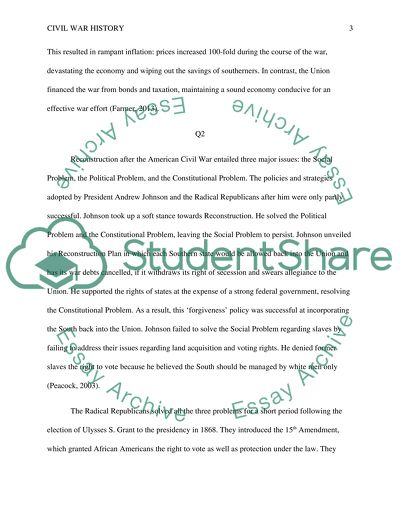Cite this document
(“Civil War History using textbook, Ordeal by Fire, The Civil War and Essay”, n.d.)
Retrieved from https://studentshare.org/history/1469432-civil-war-history-using-textbook-ordeal-by-fire
Retrieved from https://studentshare.org/history/1469432-civil-war-history-using-textbook-ordeal-by-fire
(Civil War History Using Textbook, Ordeal by Fire, The Civil War and Essay)
https://studentshare.org/history/1469432-civil-war-history-using-textbook-ordeal-by-fire.
https://studentshare.org/history/1469432-civil-war-history-using-textbook-ordeal-by-fire.
“Civil War History Using Textbook, Ordeal by Fire, The Civil War and Essay”, n.d. https://studentshare.org/history/1469432-civil-war-history-using-textbook-ordeal-by-fire.


